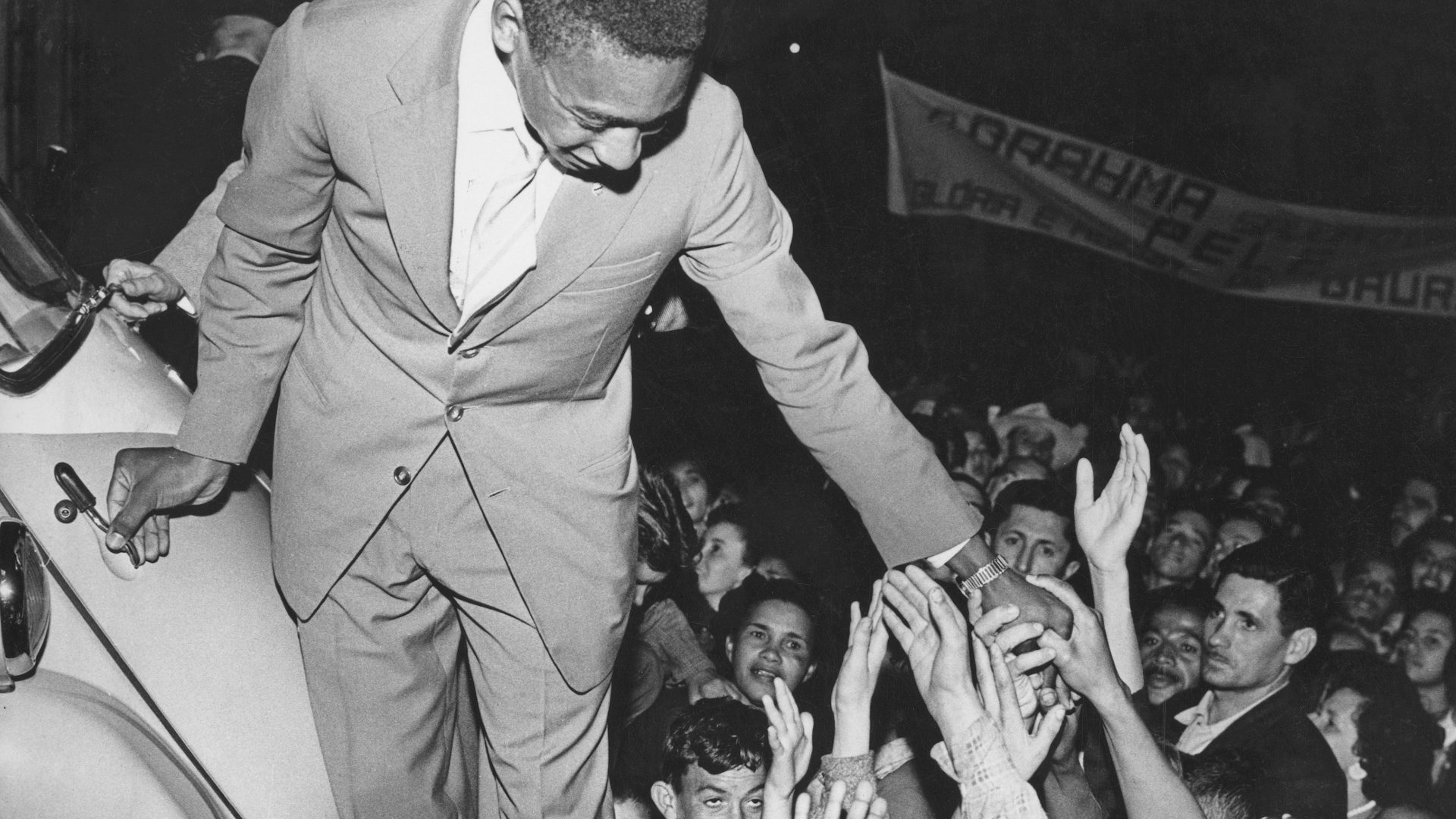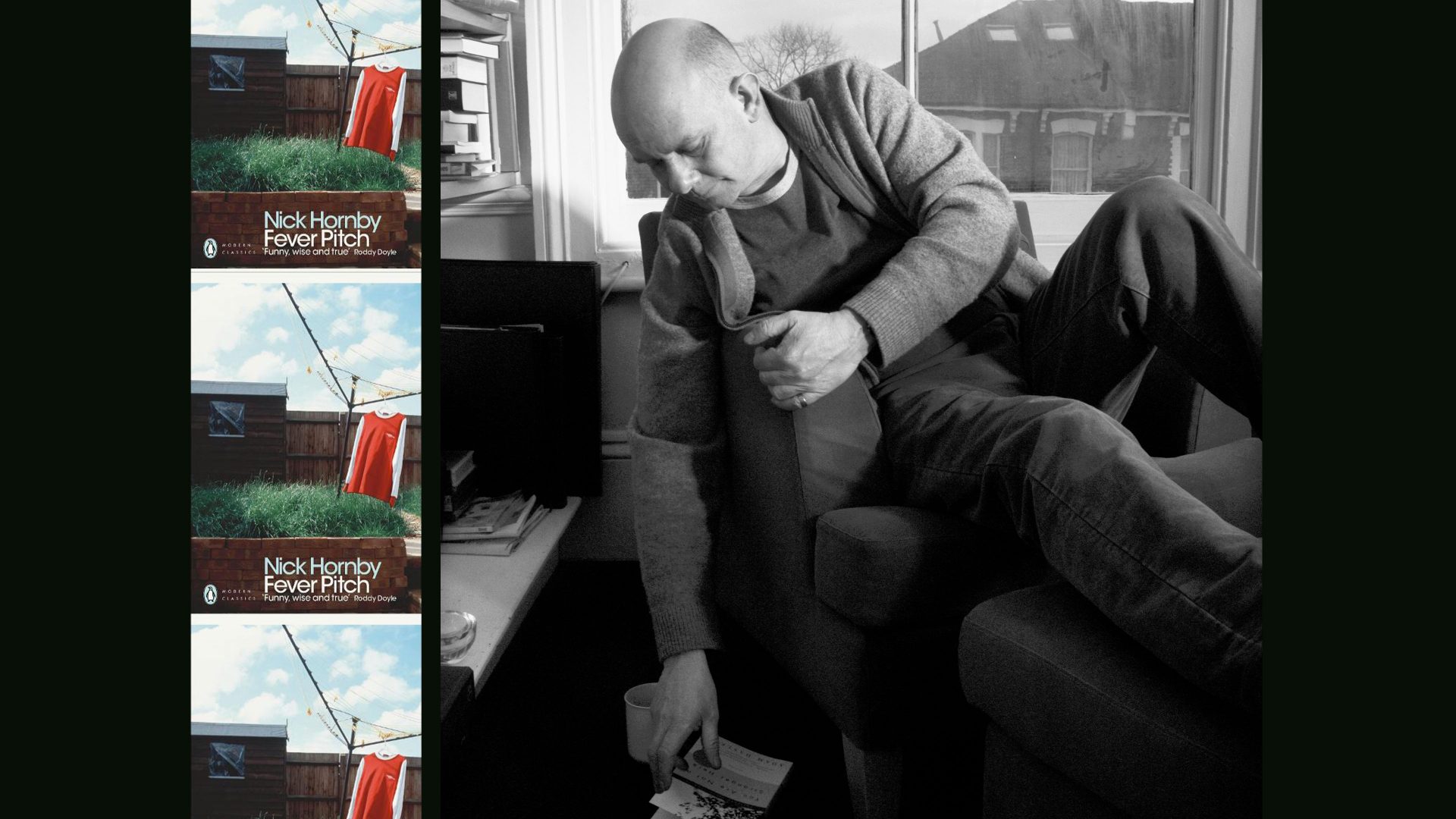Watching teenagers Pedri and Gavi dictate the Spanish tempo at the Qatar World Cup – or for that matter, England’s Jude Bellingham and Germany’s Jamal Musiala – is to be reminded that old misconceptions never perish.
One thinks of former Liverpool defender Alan Hansen’s infamous BBC punditry back in 1995 when, after Manchester United’s opening- day defeat at Aston Villa, he rebuked Alex Ferguson with the words: “You can’t win anything with kids”. Fergie’s kids, the “Class of ’92”, then graduated from the youth squad into serial winners. They included David Beckham, Paul Scholes, Gary Neville and Nicky Butt.
The trick was to surround them with experience, as in Peter Schmeichel, Denis Irwin, Steve Bruce, Roy Keane and a certain Eric Cantona, who may
have got a mention elsewhere in this issue of TNE. And so it is with Spain at
this World Cup, where the young Barça contingent, among them the 18-year-old Gavi, are managed on the field by their club captain, the 34-year-old Sergio Busquets.
Youth and experience, who would have thought it? Well, 64 years ago, the classic example of precocity played out at the 1958 World Cup in Stockholm. There was a 17-year-old Brazilian called Edson Arantes do Nascimento, nicknamed Pelé. And there was a team psychologist, Professor João Carvalhaes, who counselled the coach not to pick the “infantile” Pelé. Coach
Vicente Feola politely informed the shrink: “You might be right, but the thing is you know nothing about football. If Pelé is (physically) fit, he plays.”
Football, despite everything, is a game. It involves body and mind, and very often the infantile instinct of youth to do the creative thing that a seasoned mind might not. It is creativity over negativity. Thrill over doubt. And even as we watch the last embers of Lionel Messi stir for just one moment of genius to win a match that seemed to pass him by, we thank our good luck to witness it.
Messi, we know, has one foot in semi-retirement (at Beckham’s fancifully named Club Internacional de Fútbol Miami). America is a rising “soccer” nation but it is still a place where old pros can have a last season in the sun. And, who knows, a near 40-year-old Messi might still be able to shuffle through an hour’s football to produce one moment of magic the way he did against Mexico in Qatar last weekend.
That goal, a touch to master the ball and a shot from outside the penalty box with his left foot, turned a moribund game during which we feared that Messi had already retired. He seemed old before his time, lost and waiting for the final curtain.
Joe Cole, an unfulfilled English talent-turned-television pundit, had reminded us at half-time of the words of the formidable American
middleweight fighter Marvin Hagler: “It’s tough to get out of bed to do
roadwork at 5am when you’ve been sleeping in silk pyjamas.” A tough
watch and a tough listen, as they say in the modern jargon.
Even tougher, but similarly disturbing, was the dreadful lack of due care by Mario Alberto Escobar, the 36-year-old Guatemalan referee, in Wales’ defeat by Iran, which seemed – temporarily as it turned out – to confirm another misconception, that by dint of theory position, goalkeepers should be allowed the benefit of the doubt in matters of dangerous play.
Escobar clearly saw the Wales goalkeeper Wayne Hennessey rush out of his penalty zone and charge into Mehdi Taremi with his right leg so high that his knee crashed into the face of the Iranian. A yellow card, the referee decided.
What little justification there is for overrule by VAR came when the video refereeing team “invited” this hapless match official to review his decision on the pitchside monitor and to convert his yellow card into a red one.
Taremi was able to play on after medical treatment. Hennessey was banished to the dressing room, his side was depleted and lost in time added on for that incident and other minutes being interminably added in these broiling conditions, because Fifa has decided now is the time to extend the matches after decades of “time- wasting” and the apparently sudden realisation that the ball is not in play for almost half of the 90 minutes.
This, of course, is what the computer tells us. And, with the United States due to share hosting rights with Canada and Mexico in 2026, we can be sure everything will be run through computer technology. Everything bar common sense.
Hennessey’s clash with Taremi was reminiscent of the West German goalkeeper Harald Schumacher’s body charge, in the penalty area, on
France’s Patrick Battiston in the World Cup semi-final 40 years ago. Every one of us in that stadium in Seville viewed that tackle as reckless beyond sporting fair play.
Michel Platini, the French team captain, said he feared that Battiston was dead because his eyes were staring vacantly and he appeared not to be breathing. Battiston was concussed and broken in the face, the ribs, the back. But, again, the referee (Dutchman Charles Corver) saw neither malice nor recklessness in the goalkeeper’s body check.
Corver gave no penalty, no card of any colour. Fifa took no action, and indeed Corver went on to serve on the game’s disciplinary committees for
years. West Germany won the cup, Battiston’s injuries healed, and when
Schumacher was told that Battiston had lost teeth in the collision he
responded: “If that is all that’s wrong, tell him I’ll pay for the crowns.”
And, in the early minutes of the 2014 World Cup final, another German keeper, Manuel Neuer, raced 30 yards off his line to aim a tackle so high, so reckless, that his knee hit Argentina’s Gonzalo Higuaín in the head. The Spanish referee Carlos Velasco deemed it worthy of a caution – a cautionary yellow card.
Yet, even in 2022, referees still appear to grant goalkeepers licence to commit reckless challenges in full view of the VAR cameras.
It suggests abdication of responsibility.




